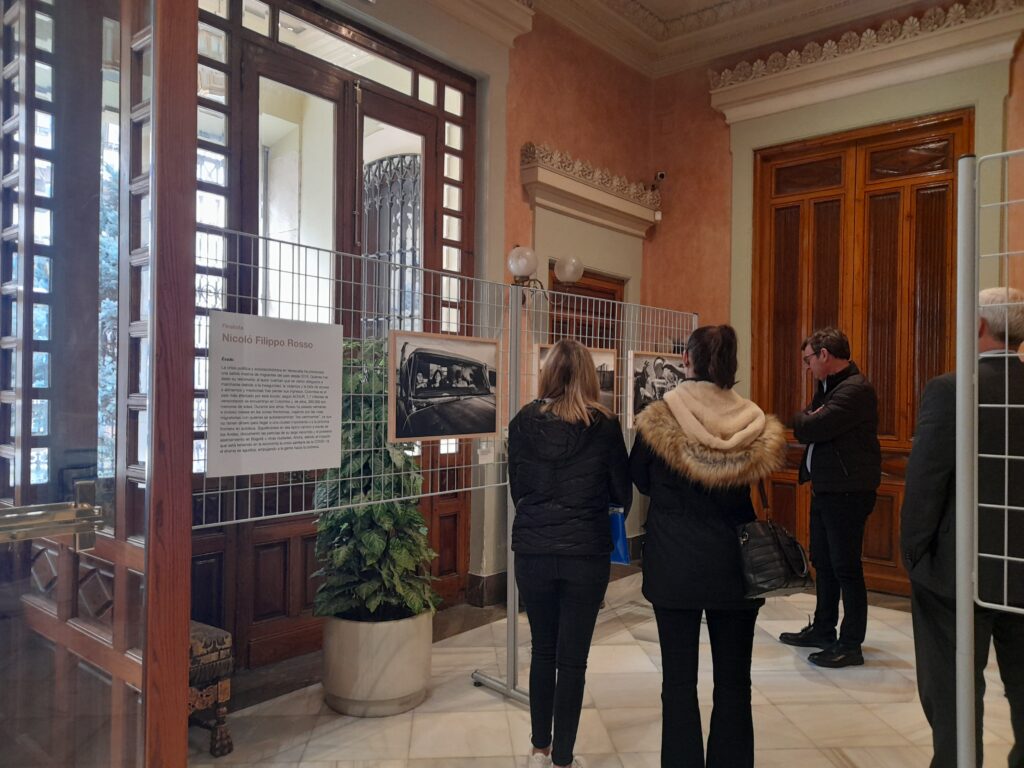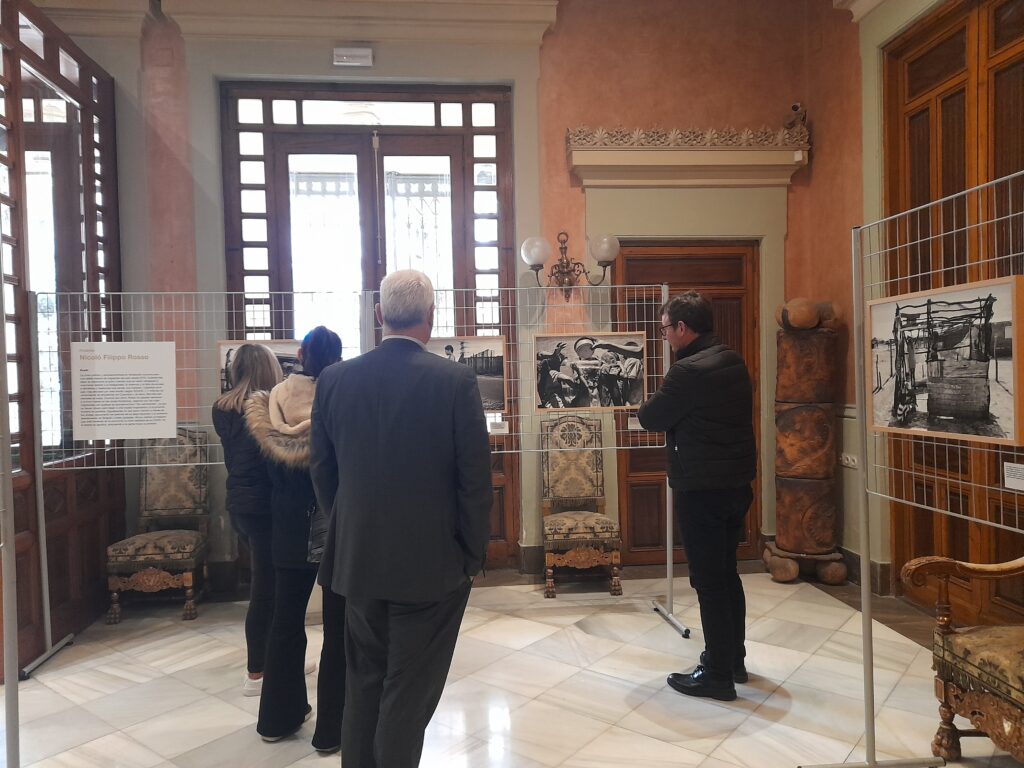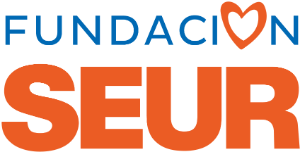The images of the 24th edition of the Luis Valtueña Award come to Castilla La Macha
The Provincial Council of Albacete and Doctors of the World of Castilla La Mancha have organised an exhibition with two series of images from the 24th edition of the Luis Valtueña Award organised annually by the health organisation, as part of the activities planned to commemorate International Women’s Day, which takes place every 8 March.
The exhibition, on display in the hall of the Provincial Palace, can be visited until 10 March. It is an extract from the 24th Luís Valtueña International Humanitarian Photography Award and includes the works of two of its finalists; Emeke Obanor and Nicoló Filippo Rosso.
The first, Emeke Obanor, Nigerian photographer, is the author of the series ‘Heroines’, a project that denounces the kidnapping of dozens of girls of different ages by the terrorist group Boko Haram. It is about the stories of ten young girls who managed to escape this horror and who returned from captivity to go back to school, returning to the classroom with courage and determination to continue their education.
Also on show are images from ‘Exodus’ by the Italian photographer Nicoló Filippo Rosso, who for two years covered the border areas between Venezuela and Colombia, following the most vulnerable migrants (children, adolescents, pregnant women and nursing mothers). His images bear witness to the exile of the population that Venezuela has been experiencing since 2016 and confirm that women suffer doubly from the consequences of migratory movements.
Women and girls in conflict Experiences from the field by Médecins du Monde
The opening ceremony was attended by Paloma González, representative of Médecins du Monde, who detailed how “the gender approach” is transversalised in many of the images in the exhibition. In her opinion, each conflict has a different impact on women, men, boys and girls “because there are previous inequalities and, therefore, a different capacity for recovery” for those who have suffered it.
In this context, González explained the reality on the ground from the point of view of the work carried out by Médecins du Monde, and how we act in emergencies beyond their complexity: epidemics, crises caused by natural disasters or conflicts, etc. In this sense, he explained the organisation’s actions in the field of health, mental health and psychosocial support, working to ensure that access to its resources is safe and reaches everyone, with special emphasis on the case of women and girls. Likewise, she alluded to the importance of working to promote the participation of girls and women in the life of each community and in all areas, during and after conflicts.





